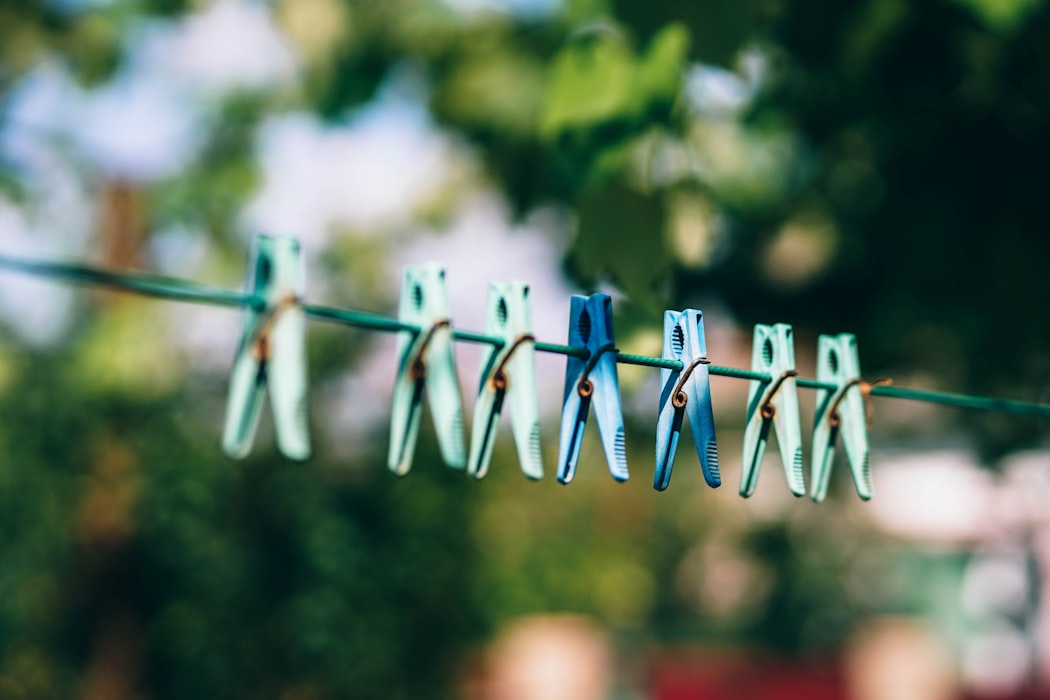Gyms are supposed to be the places we go to get healthy, but for many people, it can be a place where they get sick! We have perhaps all heard stories of athletes getting serious, even fatal, staph infections, but those are just the extreme cases. Most often, people who pick up germs from the gym find themselves with athlete’s foot, a cold, or some sort of virus that does less damage, but messes up their routines nonetheless. That being said, paying attention to hygiene at the gym can save you a headache at least, and your life at worst! So if I haven’t scared you too much, let’s see what sorts of measures we can take.
Choose a Gym that’s Clean
Before you begin working out at any gym, you should ensure that it is a clean one. Most gym membership orientations are short and don’t offer much time to really survey the area. If you can, do a trial membership to really scope the place out. Ask about your gym’s sanitation standards and practices, and take notice of how well the staff meets those standards. Ensure that the staff is wiping down machines that members leave sweaty and using sanitizer spray as they do so.
Also, be sure to check the restrooms! A gym is only as clean as its restrooms. Most people don’t think about this, but gyms and kitchens are the worst places to have poor hygiene in the restrooms. If the floors are not clean and there is no soap in the dispenser, there’s a good chance that someone took their business out to the rack of dumbbells you just touched. I’m just saying. A messy bathroom ensures germs of the type that, due to the nature of a bathroom, can probably make you sick. So, look for clean restrooms and ensure that your gym is committed to cleanliness.
Finally, discover what your gym’s rule is about cuts/scrapes. Since gyms are places where people are sweaty, and have lots of contact with surfaces that are touched by others, staph infections are a real danger for those with open wounds. Find out what your gym’s policy is about covering wounds. A good gym will seek to care for its members.
Wipe Everything You Touch
If you expect the gym to be clean, then it is essential for you to be clean as well! Carry at least one sweat rag with you wherever you go (one for wiping machines and the other for wiping sweat from yourself), and it wouldn’t hurt to keep a small bottle of hand sanitizer if your gym doesn’t have public hand sani stations (which most do nowadays). If your gym has paper towel dispensers and cleaner spray stations available then it would be ok to be less strict about carrying your own towel, only make sure that you are minimizing your contact between your face and hands. Remember, as I always say, “A gym can only be as clean as its most irresponsible member.”
Clean Yourself Before Going Home
The locker rooms in most gyms have showers that are there for a reason. Even if you live close by, consider showering at your gym to ensure that you leave at the gym anything you picked up there. Only, to avoid athlete’s foot keep some cheap flip-flops in your gym bag.
Wash Your Workout Clothes Daily
Ok, so I’ve been around gyms and locker rooms for most of my life, and I know there are a few of you out there who really think you can wear the same gym clothes for a week at a time without washing them since you know you are going to just get them dirty again. Gross. You should be ashamed. Unless your idea of a good time is sending a friend request to a staph infection then wash your gym clothes daily (or at least wear a new set of clean ones)! Staph and other types of bacteria love dark and damp places where they can start families and colonies and cultures, and when you choose not to wash your clothes, you become a cross-cultural missionary to everyone in your gym.
So, all in all, gyms are fun and safe places when you stay clean and hold your gym staff to a high standard. Most people never get sick at their gym, but sometimes a healthy reminder and mildly funny exhortations about staph can help us in our hygienic journey!
Author Bio: Kevin Wayne writes for Health Testing Centers, which has been offering direct access to health testing for 30 years.



No comments: